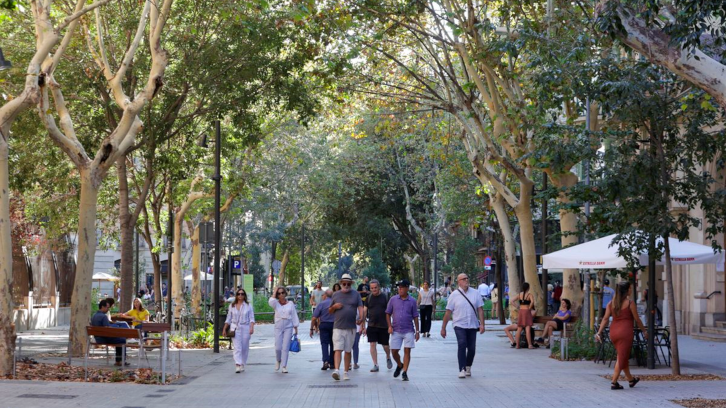Telework and Subjectivity

Important political, economic and social changes have occurred in our world in the last decades. Different forms of interaction, contexts, technologies and discourses are opening new ways of being. This poses significant challenges to all that is considered stable and universal, including the own subject and their relationship with the work. Despite the fact that the work, as a modern category, is being questioned on its structuring function of society, it is still a meeting place that helps to create processes of subjectivation, and obviously, ways of being.
In this context, telework adds many of the key factors for the transformation: flexibility, Information and Communication Technologies (ICT) and new ways of interaction. In addition, it involves a merging point between work and home, particularly in the case of telework from home. Nowadays, these two professional and personal worlds are not clearly distinguished. Therefore, how is resignified the human and social condition when work sets new space-temporary and relational frames? What kind of processes of subjectivation telework produces? And specifically, what occurs when in the same space telework experience is integrated with family responsibilities?
From these questions and in order to analyze how telework involves different processes of subjectivation regarding modification of established patterns about space-time field, body, aesthetic, objects, forms of interaction and communication and also meanings built around work, family, home and themselves, this research examines experience of twenty-six women teleworkers. The information was collected by interviews performed to women located in Barcelona and Madrid.
About the information processing, it was used the Content Analysis technique (Bardin 1986; Mayring 2000). It finds that distinct individual, familiar, context, labor/ organizational and cultural factors are mixed and have an effect on production of dynamics of subjectivation. Apart from that, it evidences the creation of new spaces for reflection and learning which are being generated from this physical meeting between home and work. This meeting involves different relationships and meanings about others and themselves: On the one hand, the places visited especially home and neighborhood, now integrated, multifunctional and relived places, but also workplaces which go further than the geographical borders. On the other one, the objects used, ICT, household appliances and others tools reinforce realities that are intertwined and connected in a continuous of productive work not only economic but also domestic work. Besides, non-lineal time represents multiplicity, possibility, chaos and tiredness and the social relationships are modified in respect of intensity, frequency and channel.
In this context, telework can facilitate other possibilities of being by providing a wider margin of autonomy about organization of living time, spaces inhabited and relationships less based on the work. Nevertheless, not only facilitates this integration/balance, but also telework can imply «schizophrenic» states of permanent connection, stress and fatigue. Along these lines, mixture/hybridization and transition are the common reality for all interviewees.
On the whole, a continuous ontological work of reflection, re-defining and re-construction of environments and meanings are the common element of the telework: Opportunity, conflict and challenge. Multiplicity. Change.
References
“Ciberartesan@s: (Re)subjetivando espacios, tiempos, relaciones e individualidades en el teletrabajo” (Cyber@rtisans: (Re)Subjectiving Spaces, Times, Relationships and Individualities in the Telework), is the title of the doctoral thesis read at the Department of Social Psychology - UAB by Diana Bustos Ordoñez and supervised by Dr. Francisco Tirado Serrano and Dr. Anna Gálvez Mozo.


